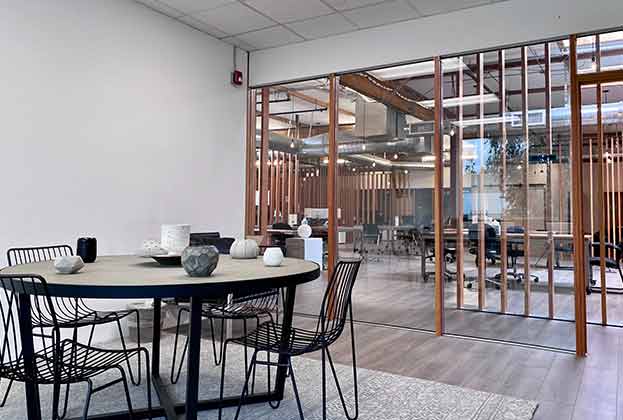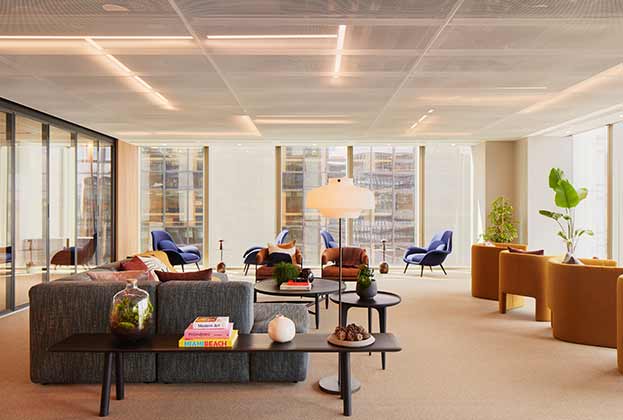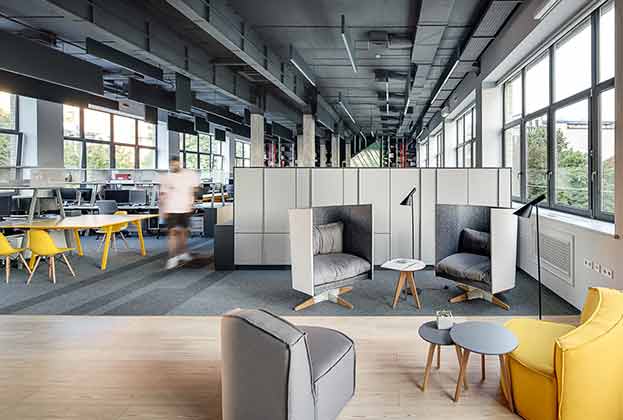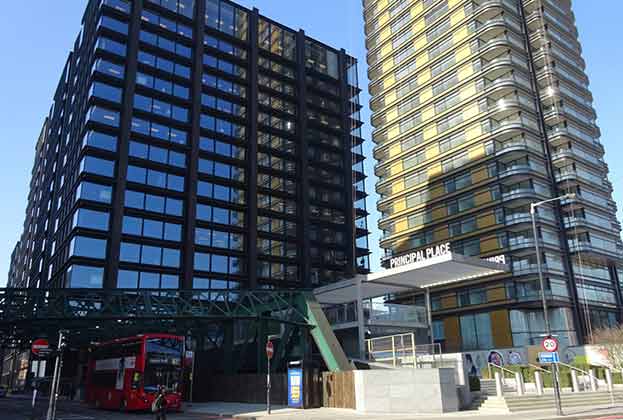Cal Lee, Global Head of Workthere, examines how technology is being applied to optimise workplace experience
The flexible workspace market is democratising thanks to the emergence of a new generation of apps that give users access to extensive networks of spaces, locations and flexible workspace brands.
These apps are unlike the traditional methods of using flex space, which typically require an occupier to sign one contract with one operator, potentially leading to multiple contracts with many operators.
But apps, such as Desana, Upflex, NearU, Deskpass and Coworker – among others, allow companies to buy credits for employees. These credits enable staff to work in one of the thousands of spaces an app has available, with one contract and one payment platform.
This market remains in its infancy, with disparity across platforms in terms of geographical reach and technical capability, but it is a market that is likely to mature quickly, with demand increasing from large enterprises on these platforms.
As businesses and people review the way in which they work, and what their requirements for office space will be, the development of models that give users the ability to pay-as-they-go is another shift towards further flexibility - in a portfolio of options that include both conventional and newer types of space. The apps that provide this technology are therefore in a race to deliver the best platform and most expansive location offer.
As a result, platforms are investing increasing amounts of money as they scale up their technology. Edinburgh-based Desana, which just raised US$4m in seed funding, offers members the ability to block-book hot desks, but will soon offer meeting rooms and the ability to book a private office for a day, while also gathering data on usage to help inform businesses about how their staff use the different spaces.
A company does not have to provide an office for its tens of employees. Instead, it can lease a smaller office and then give employees remote access to a variety of alternative spaces in addition to their main headquarters
Cal Lee, Global Head of Workthere
Apps offer many upsides for brands
Several apps also now offer the ability to add your own HQ to the app, so your employees can choose to access this space or another local (or not so local) space depending on their working need that day. These apps will therefore become one of the perks for employees for as and when they need to spend time away from the main corporate office.
The other advantage is that a company does not have to provide an office for its tens of employees. Instead, it can lease a smaller office and then give employees remote access to a variety of alternative spaces in addition to their main headquarters.
However, for those brands that want a standardised experience for their employees, these apps might not appeal, but as already noted, we are increasingly seeing operators offering their own versions. Pay-as-you-go apps from companies such as WeWork and IWG can offer global scale.
New tech could be a friend or foe to operators
For smaller co-working businesses, the apps create a level playing field with larger operators, potentially enabling them to attract customers from major brands that might not have been as easy historically.
For WeWork and IWG, however, apps are a potential threat to their offer. It might take WeWork several months to secure and build new spaces, whereas the apps can scale to new locations or territories almost overnight.
Among the downsides for operators is that they don’t make as much money because they are selling passes from a platform and the app provider then takes a cut. The other risk for operators is that users of space are more transient, with members less likely to settle in one space. Therefore those brands that have a strong focus on community may shy away from working with apps, and we have seen this in a few cases.
Throughout Covid-19 operators were open to different kinds of cash flow and, therefore, these apps gave them crucial revenue stream. As centres return to full occupancy, it remains to be seen whether operators will need the apps quite as much, co-working is often only a very small portion of their overall desk space.
But they may have little choice, if the corporate demand for such apps continues to grow at the pace it is now. In that case, both the apps and operators will need more co-working space in the market. Previously the likes of WeWork and The Office Group were reducing the co-working element within their space because it was a lower margin business, typically 5% of total space, but demand might mean they have to begin thinking about increasing this.
It is still early days, and these apps currently remain a small part of the flexible market. While there has been a surge in demand, many corporates are at the stage where they are piloting the technology and testing how their employees are using it. But as organisations across the globe seek to reshape their working culture for the future, there is no better time for a burgeoning market to be in a place to accommodate this kind of conversation.
Read the articles within Spotlight: UK Flex Office Perspectives below.


.jpg)





.jpg)



